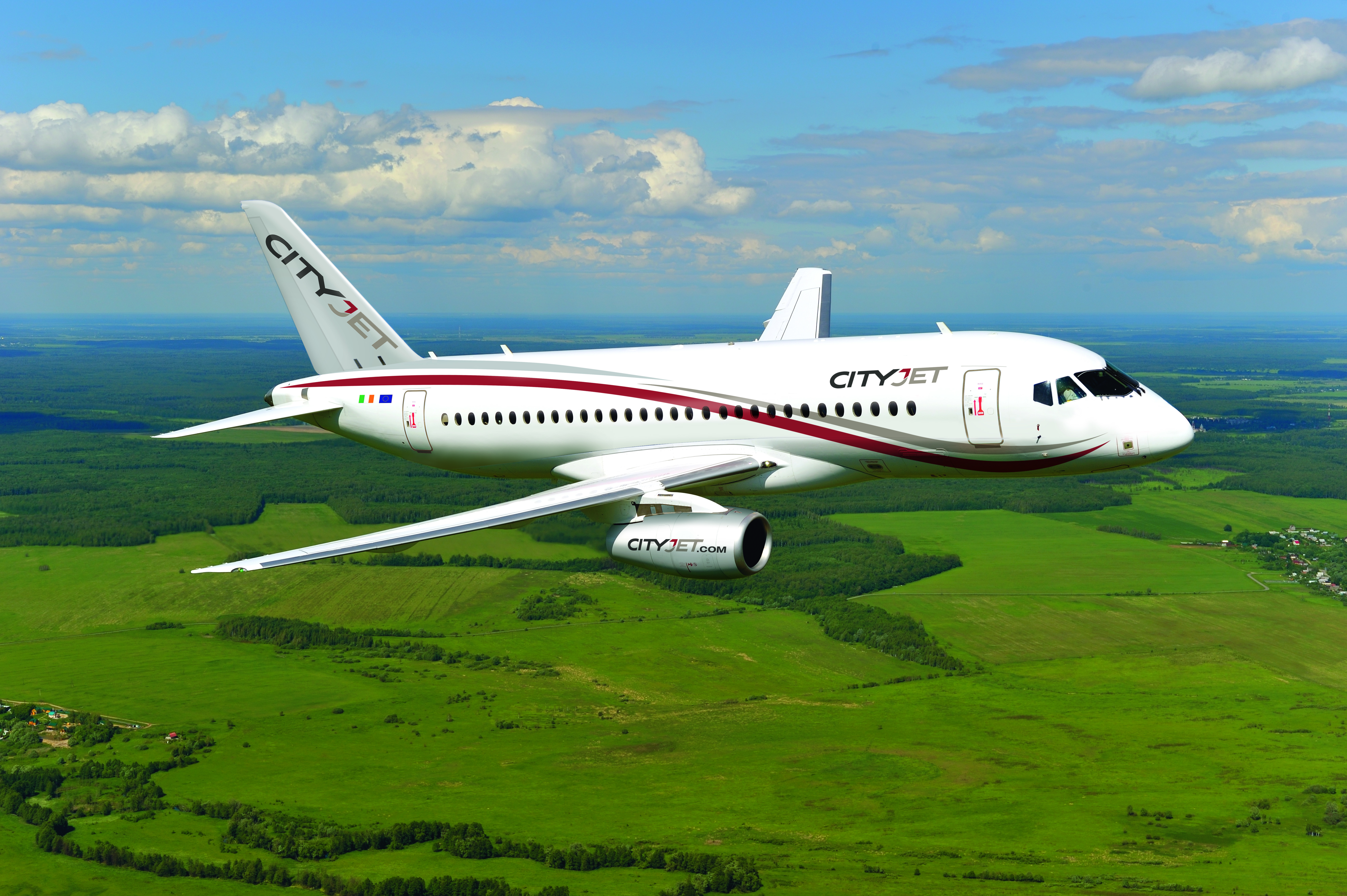CityJet has today announced that its revenues for the year ending December, 2016, had increased over 20% compared with the previous year.
Announcing its annual results for 2016, the airline said that significant expenditure on the introduction of new aircraft to meet its expanding ACMI (wet lease) business in Europe, start-up costs following airline acquisition, a new operating base in Scandinavia and other one-off exceptional financing requirements had contributed to a loss from operations of €1.8 million and a loss before tax, exceptional items and interest paid on aircraft financing of €8.7 million, The total loss before tax was €30.2 million after including exceptional items of €8.4 million, primarily driven by aircraft acquisitions, type conversion training and accounting policy adjustments and foreign exchange losses on aircraft financing of €13.1 million.
The accounts show that turnover increased to €198.2 million in 2016 (€165.1m in 2015). Indications for 2017 point to a further increase in turnover – expected to be more than 20% on 2016 and come in at year end at €276m.
CityJet Executive Chairman, Pat Byrne, said: “Significant progress has been made in 2016 in restructuring CityJet from being predominantly a scheduled carrier to being predominantly a wet lease operator, albeit with a significant scheduled presence.”
The Executive Chairman said that there would continue to be an expansion of its ACMI (aircraft, crew, maintenance and insurance) flying for other carriers and the 2017 accounts would reflect a full year of operations of its acquisitions of Finnish airlines Blue 1 from SAS and its purchase of Danish airline Cimber A/S.
Mr Byrne said that CityJet would continue to operate a mix of scheduled services, ACMI and charter. Among the new aircraft acquisitions in 2016 were eight new Bombardier CRJ900 aircraft, which were delivered between March and June 2016, and options on an additional six aircraft. The company also leased three SSJ100 Superjets with options on additional aircraft. Fleet growth has continued through 2017, with CityJet receiving 14 additional aircraft this year, bringing the fleet up to 43 passenger jets. This makes Cityjet the second largest independently owned European Regional airline.
“Set against the backdrop of difficult trading conditions and a major growth trajectory, we are pleased with the significant progress made during 2016 and, while further integration and restructuring is taking place this year, we are confident a profitable future lies ahead,” the Executive Chairman said.
Currently, CityJet operates the majority of its aircraft on services on behalf of other airlines, with 34 in service with SAS (Scandinavian Airlines), Brussels Airlines, Air France and KLM and crew bases at nine locations across Europe. The airline has progressively reduced its scheduled flying, which is now centred on its flagship Dublin to London City route where CityJet operates up to seven return flights daily.
CityJet employed an average of 812 people in 2016 compared with 506 in the previous year and approximately 1,250 currently.
